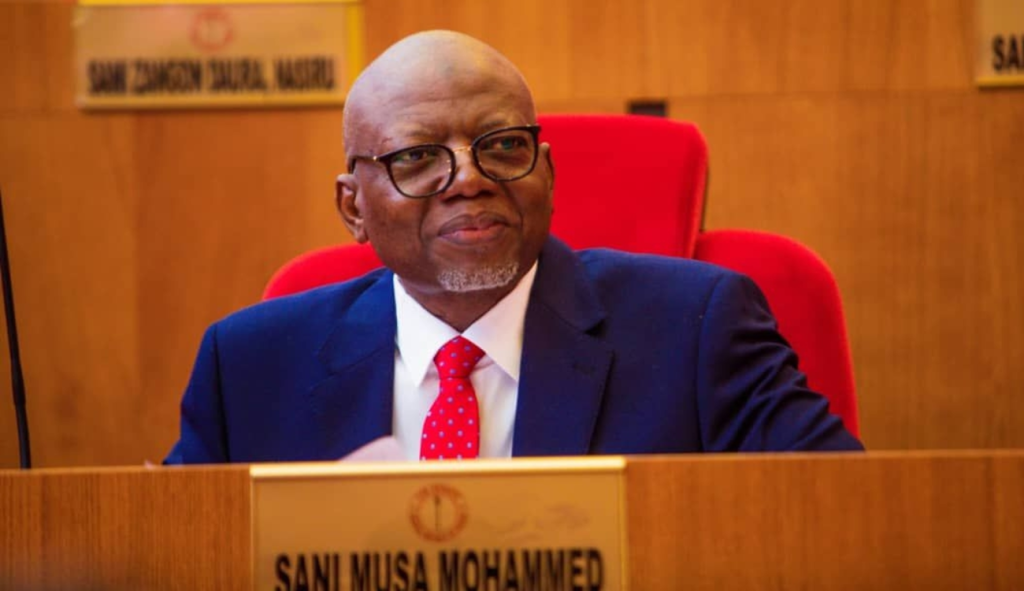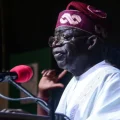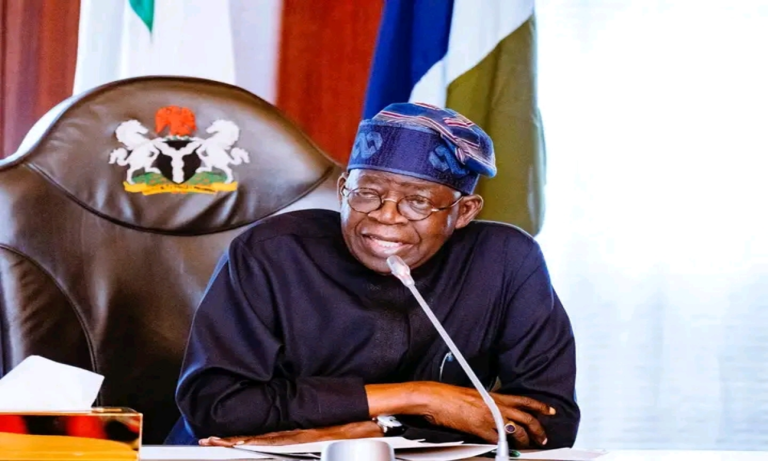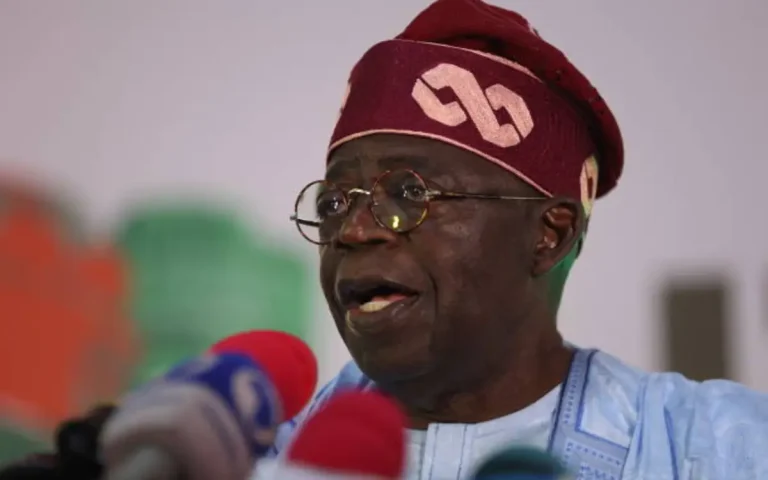
Senator Mohammed Sani Musa explains Senate’s decision to suspend the 2026 budget over accountability concerns in Abuja.
Abuja, Nigeria (Epicstorian News) — Nigeria’s Senate has suspended consideration of the 2026 budget pending a comprehensive fiscal performance report from the executive branch.
The suspension followed a closed-door session between the Senate Committee on Finance and key government officials overseeing national finances.
Committee members said the decision was necessary to establish transparency and verify the execution of previous budgets before deliberations on new fiscal proposals.
Senate Halts 2026 Budget for Detailed Fiscal Review
Senator Mohammed Sani Musa, Chairman of the Committee on Finance, told reporters that lawmakers would not consider the Medium-Term Expenditure Framework (MTEF) and Fiscal Strategy Paper (FSP) for 2026–2029 until the finance team provides a detailed account of 2024 and 2025 budget performances.
He said the Senate expected the Ministry of Finance, the Accountant-General’s Office, and the Budget Office to submit the required documentation by October 23.
“We’ve reviewed the progress made on the 2024 budget and discussed expectations for 2025,” Musa said. “Before we proceed with the MTEF and FSP for 2026, we must see clear, documented evidence of performance.”
The lawmaker added that the committee’s discussions focused on funds released, warrants issued, and the level of authority granted to Ministries, Departments, and Agencies (MDAs) for capital projects.
He said the Senate acknowledged President Bola Tinubu’s recent request for additional loans to support fiscal operations and strengthen 2025 capital spending.
Committee Sets October 23 Deadline for Finance Team
The Committee on Finance directed the finance team to provide an updated fiscal performance report covering 2024 and 2025 projections within two weeks.
The meeting included Finance Minister Wale Edun, Accountant-General Samsudeen Ogunjimi, and Budget Office Director-General Tanimu Yakubu.
Musa said the Finance Minister had agreed to provide all necessary data by the October 23 deadline, after which the committee would reconvene.
He emphasized that the Senate wanted documented accountability to ensure that the 2026 fiscal cycle begins on “solid and verifiable ground.”
According to Musa, the decision aims to reinforce public trust and improve transparency across Nigeria’s financial management institutions.
Fiscal Challenges Impact 2026 Budget Preparations
Budget Office Director-General Tanimu Yakubu told the committee that both the 2024 and 2025 fiscal years had been turbulent.
He said many of the assumptions underpinning the two budgets — particularly oil revenue forecasts and inflation estimates — had not held true.
Yakubu explained that Nigeria’s crude oil benchmark of $75 per barrel had fallen $10 to $15 below projections, weakening overall fiscal performance.
He added that rising inflation had significantly raised debt service costs, limiting funds available for infrastructure and social spending.
Yakubu also cited challenges related to the Petroleum Industry Act (PIA), which altered the revenue distribution formula for the Federation Account.
“Under the PIA, 30 percent of gross oil revenue and 30 percent of oil and gas profits are retained for upstream operations, while the Federal Government shoulders the NNPC’s operating costs,” Yakubu said.
He added that the adjustment had reduced allocations to the Federation Account by nearly 70 percent compared to previous years.
Minister Edun Defends Budget Performance Amid Senate Concerns
Finance Minister Wale Edun told lawmakers that the capital component of the 2024 budget was “performing well,” despite challenges in oil revenue and inflation.
He said capital project implementation rates were within acceptable thresholds, although certain ministries faced delays due to procurement bottlenecks.
“We have made some progress, but we must do more to ensure that the 2026 fiscal cycle begins on solid ground,” Musa said while summarizing the committee’s conclusions.
He added that the Senate’s demand for reports was consistent with its constitutional oversight duties, ensuring value for every naira appropriated.
Accountability and Transparency Remain Key to 2026 Budget
Lawmakers across party lines supported the committee’s position that the executive must present clear evidence of budget implementation before advancing 2026 discussions.
Analysts said the Senate’s suspension could delay President Tinubu’s plans to maintain the January-to-December budget cycle introduced under the previous administration.
Economists observed that Nigeria’s fiscal pressures, caused by oil price volatility and exchange rate fluctuations, had strained the government’s ability to meet capital commitments.
Transparency advocates called on the Ministry of Finance to publish the performance report once it is submitted to the Senate.
Observers said doing so would help rebuild public trust and promote accountability in Nigeria’s fiscal system.
Related: Critics challenge Tinubu’s power in Nigeria’s INEC Chairman appointments
The Senate is expected to reconvene on October 23 to review submissions from the Ministry of Finance, Accountant-General, and Budget Office.
Officials said further updates would follow the next committee session to clarify Nigeria’s fiscal trajectory and the timeline for the 2026 Appropriation Bill.



